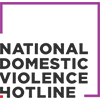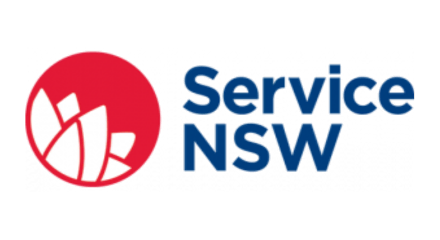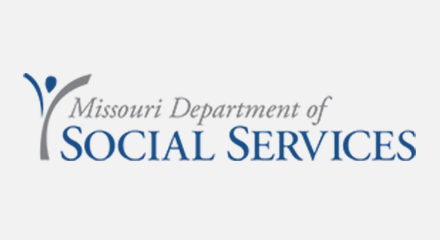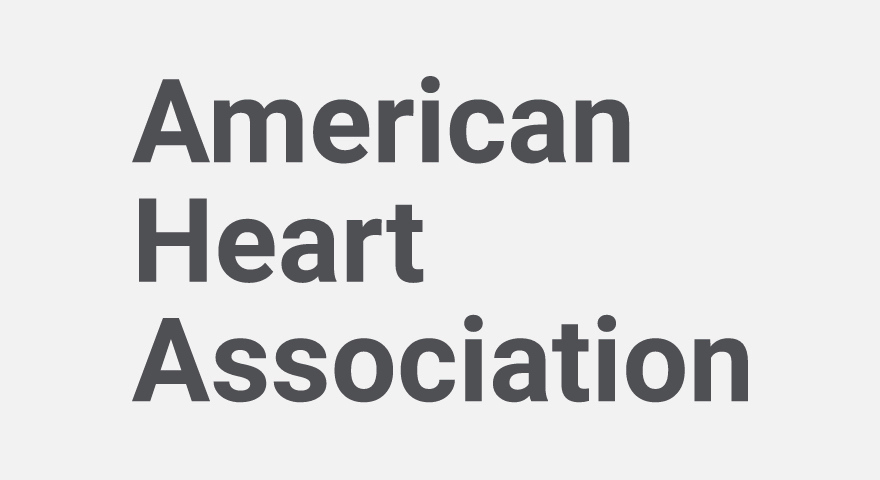Effective crisis intervention
The National Domestic Violence Hotline (The Hotline) is a vital service: its mission is to answer the call to support and shift power back to those affected by relationship abuse — 24/7/365. Established in 1996 and headquartered in Austin, Texas, it is the only national 24-hour domestic violence hotline providing compassionate support, life-saving resources and personalised safety planning via phone, online chat and text.
To date, The Hotline has answered more than 6 million calls, chats and texts. Services are provided in English and Spanish through bilingual advocates and in more than 200 other languages through the Language Line. The Hotline is a frontline resource for survivors, often the first source to validate that abuse is being experienced, and a trusted provider of resources, referrals and safety planning. Those core services are delivered through highly trained advocate staff who provide high-quality, trauma-informed education, validation and connection to services that empower victims and survivors to make life-changing decisions with dignity and respect.
Previously delivered via phone, chat and SMS from a central contact centre in Austin, these services ran on standalone on-premises solutions, including an aging Cisco infrastructure. This increased the risk of system failures and placed growing time demands on a lean internal IT team. Like many nonprofits, The Hotline seeks to maximise the reach of limited funding.
“Because we are a nonprofit, we have to multitask and don’t have the luxury of a large team of IT specialists to manage our contact centre,” said Marty Hand, CTO for The Hotline.
Making funding go further
The Hotline is constantly looking for ways to innovate, expand and improve support. “We are always asking ourselves how we can leverage technology to better help survivors,” said Hand. “For instance, we are developing systems that would provide information on shelter availability, so our advocates can get help faster to those in need.”
Also, The Hotline wants to innovate in the most cost-effective way so limited funding is used to maximise impact. “We’re acutely aware every dollar spent on IT is a precious investment given the increased need for support services for survivors,” said Hand. “So, consolidating on a single cloud platform was hugely attractive. Not only to reduce IT cost and effort, but also to transform through greater resourcing agility, system resilience and the ability to expand our services to neighboring cities and towns.”
The Hotline considered six proposals before shortlisting three contact centre providers to demo their solutions. “In our final evaluation, Genesys came to the top in pretty much every category,” said Hand. “Genesys Cloud offered the best interface, the most transparent pricing and the greatest options for integration. The last point was key as we wanted to escape the hassle of managing bolt-on solutions.”
Zero margin for error
Confidence in business continuity was another important factor. “Missing a contact because service platforms are down is simply not an option,” said Hand. “So, knowing our Genesys solution had built-in redundancy with Amazon Web Services was very reassuring. We get automatic failover without carrying the cost of running our own DR infrastructure. AWS was absolutely a factor in selecting Genesys Cloud.”






